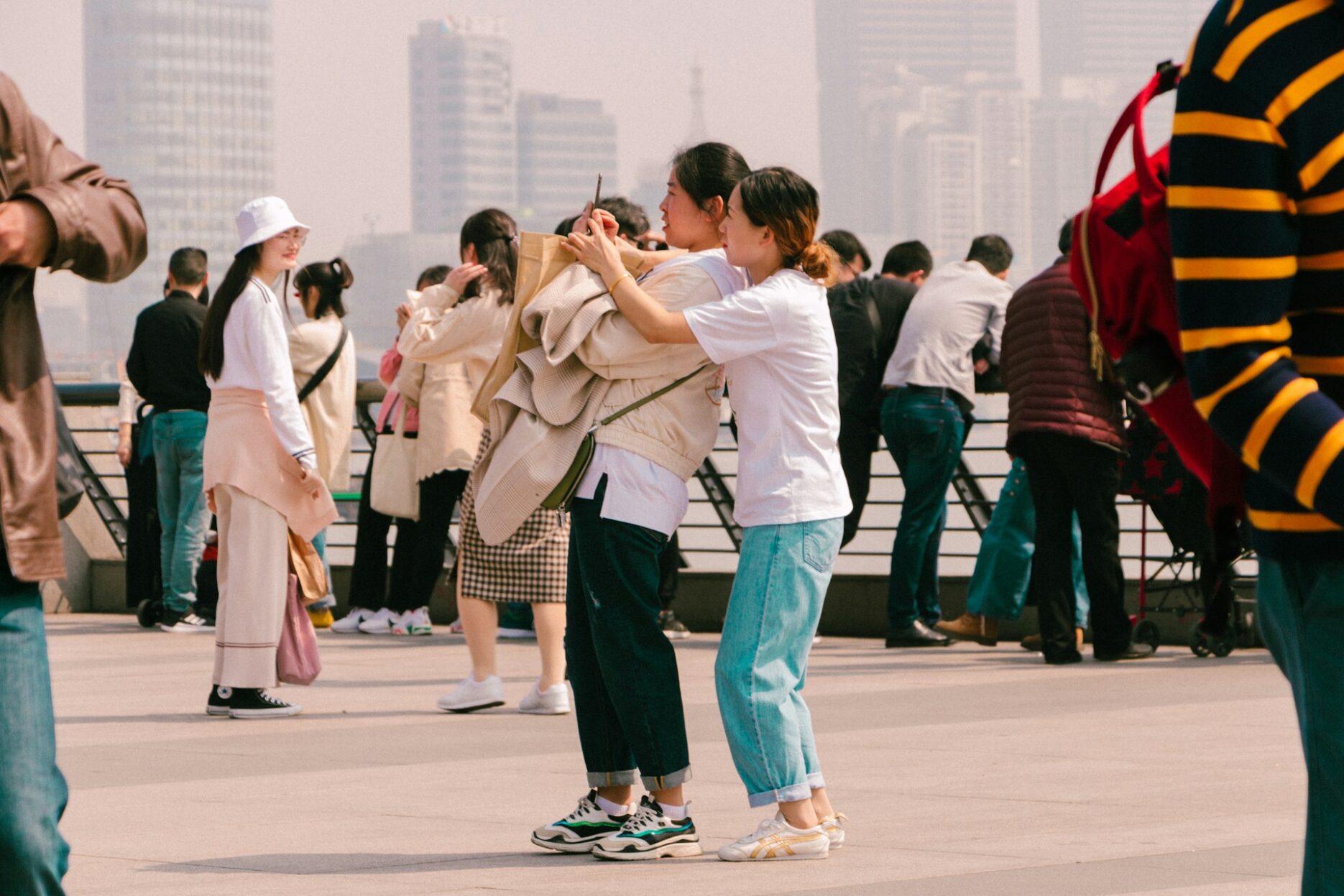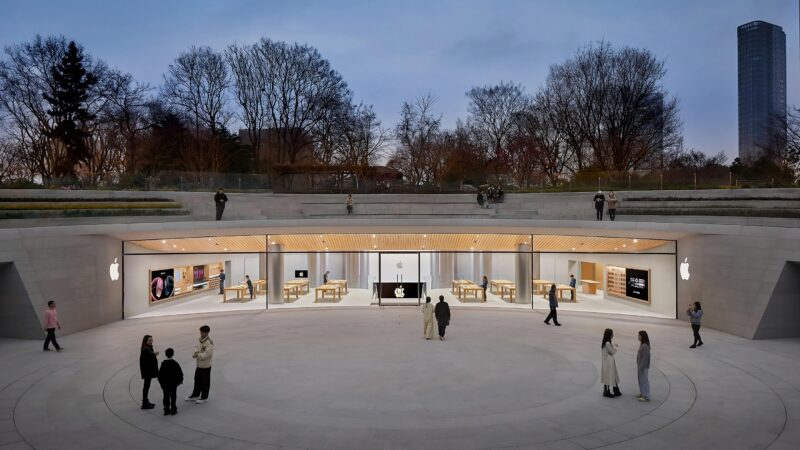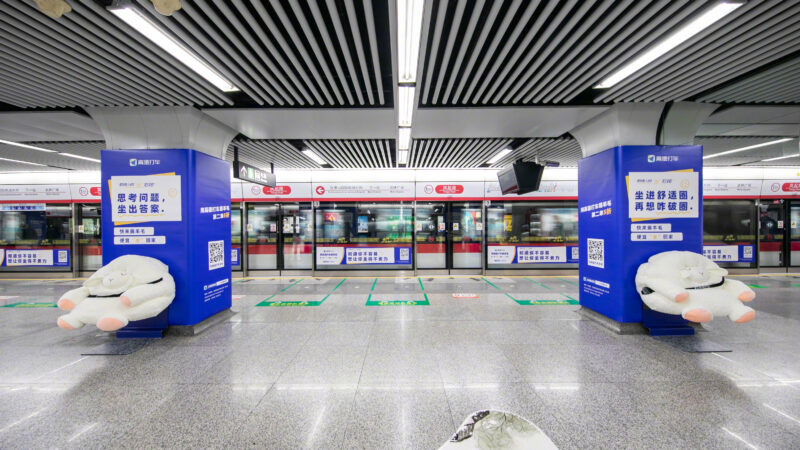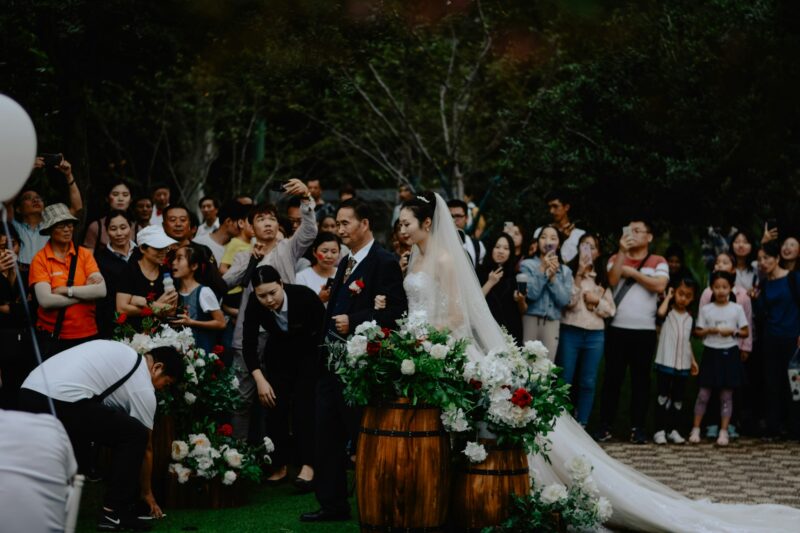Qingming falls on the 15th day after the spring equinox and traditionally is a time when Chinese families visit the tombs of their ancestors and make ritual offerings. However, in recent decades, Qingming is increasingly treated as a holiday to simply enjoy the fine spring weather and time off work by picnicking, flying kites, and eating seasonal snacks. Since COVID, many also now observe the holiday by worshipping ancestors from a distance.
In line with this cultural shift and propelled by the continued gradual post-pandemic travel rebound this year, domestic travel is becoming a popular option. According to Ctrip’s 2024 Qingming Travel Forecast, searches for hotels are up 67% from last year and searches for air travel grew 80% year-on-year. Car rental bookings have increased 240% year-on-year, suggesting a slight comeback for the now waning “solo driving holiday” (自驾游) fad.
While the most popular domestic travel destinations remain New First Tier and First Tier cities like Beijing, Shanghai, Hangzhou, and Chengdu, some “dark horses” are also entering the race, including famous porcelain city Jingdezhen (Jiangxi province) and Kaifeng (Henan province), one of the Eight Ancient Capitals of China.
The rising star this season is Tianshui, a prefecture-level city in Western China’s Gansu province with a population of around 3 million. The city is enjoying a viral moment on social media this month for its famed Malatang, a street food edition of spicy Sichuanese hot pot. The Gansu provincial government even released a rap track on China’s microblogging hub Weibo to capture the attention of Post-00s consumers, who account for nearly half of the tourists heading there this Qingming. Western China in general is attracting more interest from domestic tourists this year. Around half of recent tour guide bookings are for Western China, up 60% from last year.









